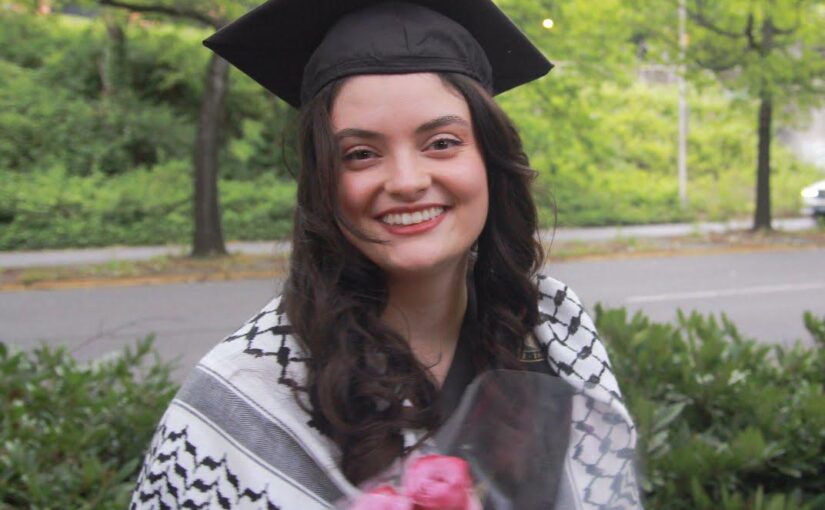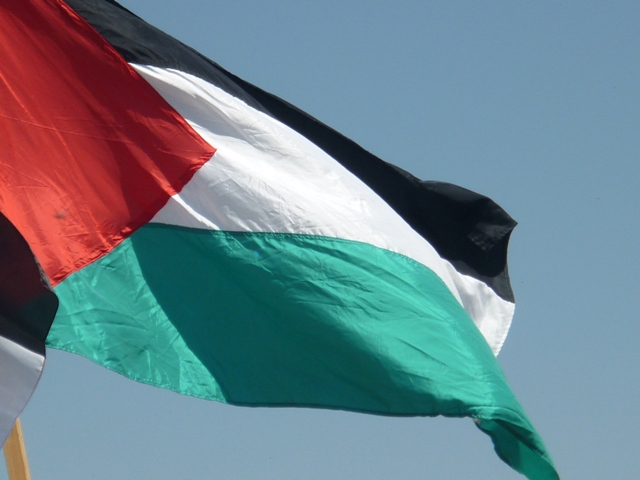Tag: west bank
-
Statement from the family of Ayşenur Eygi
Today our family and our community are in shock and grief, as we wrestle with the reality that our beloved Ayşenur Ezgi Eygi is gone. Like the olive tree she lay beneath where she took her last breaths, Ayşenur was strong, beautiful, and nourishing. Her presence in our lives was taken needlessly, unlawfully, and violently…
-
Statement issued by Beita municipality regarding the martyrdom of the foreign solidarity activist on Mount Sabih
The Beita Municipality condemns in the strongest terms the crime of execution committed by the occupation forces against the American solidarity activist of Turkish origin, Ayşenur Ezgi Eygi, by firing live bullets at her and hitting her directly in the head, where she fell on the land of our town of Beita, to be her…
-
The Israeli occupation forces use a warplane to carry out an assassination in Nur Shams Camp
By Diana Khwaelid Tulkarm-Nur Shams refugee camp 30 – Jun – 2024 The Israeli occupying forces carried out an assassination in partnership with the Israeli commander in charge of the north-central areas of the West Bank and The Israeli internal security service, an assassination in broad daylight in the Nur Shams refugee camp northeast of…



